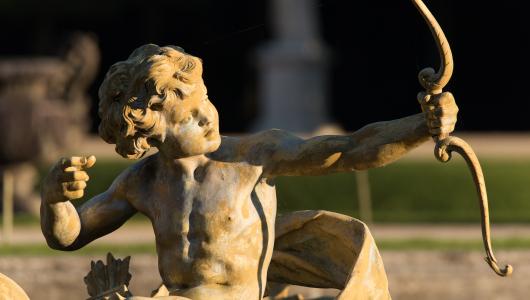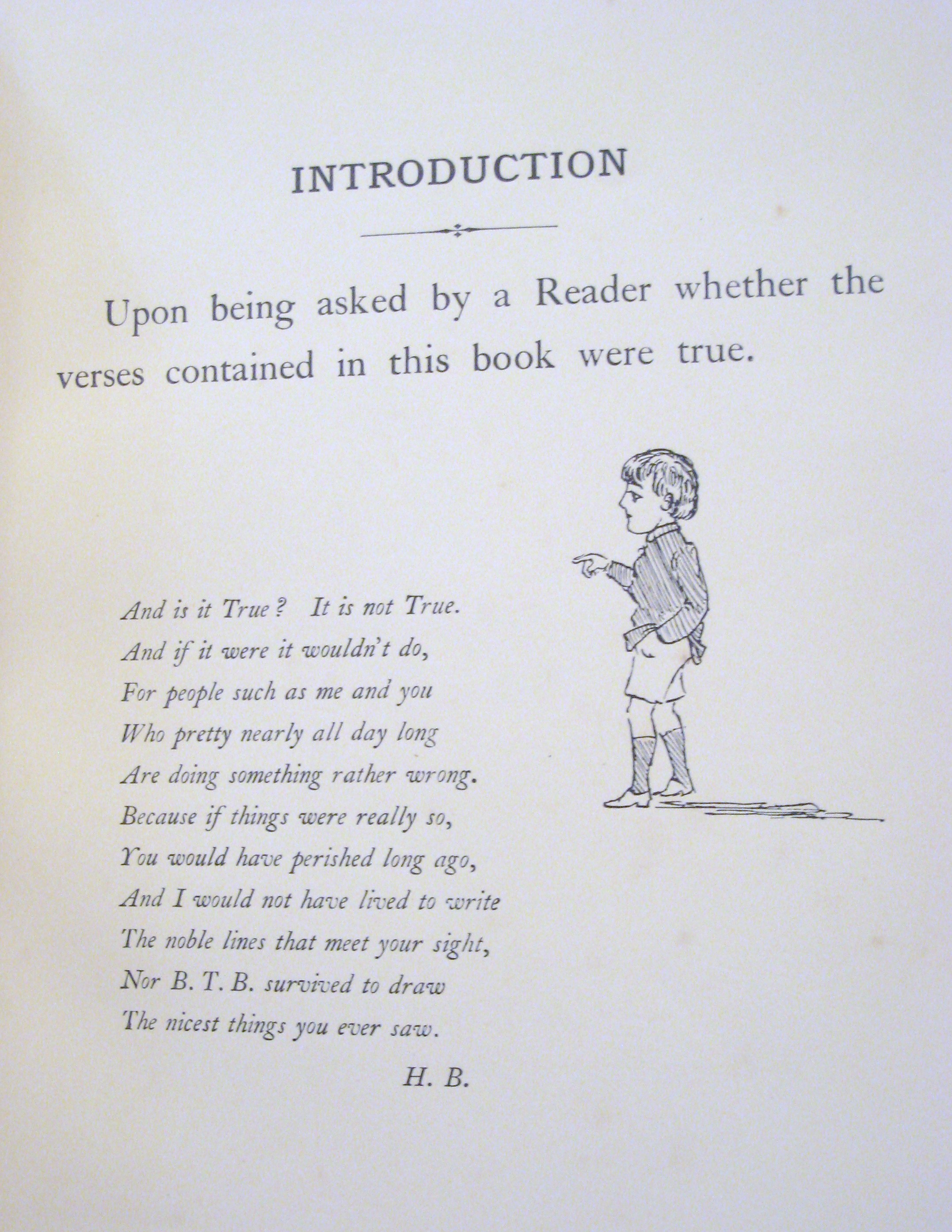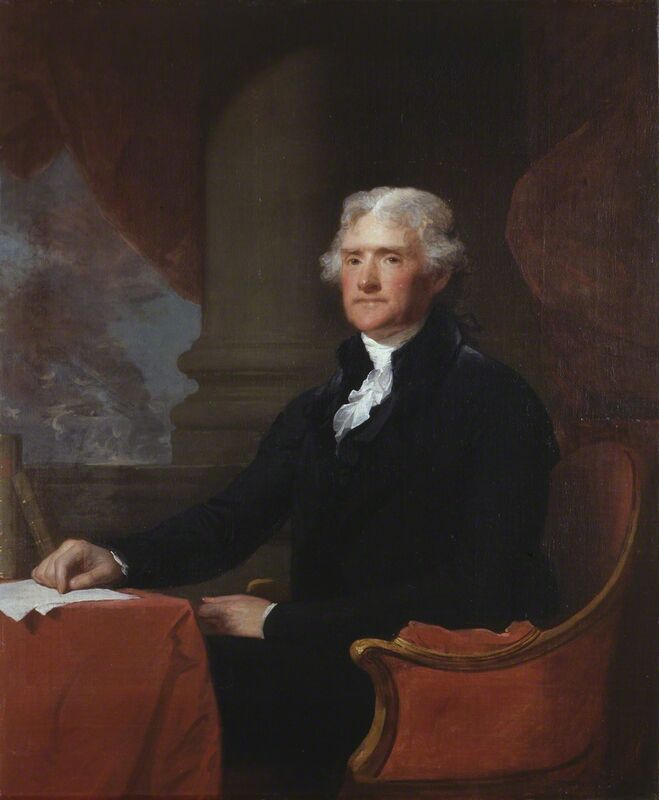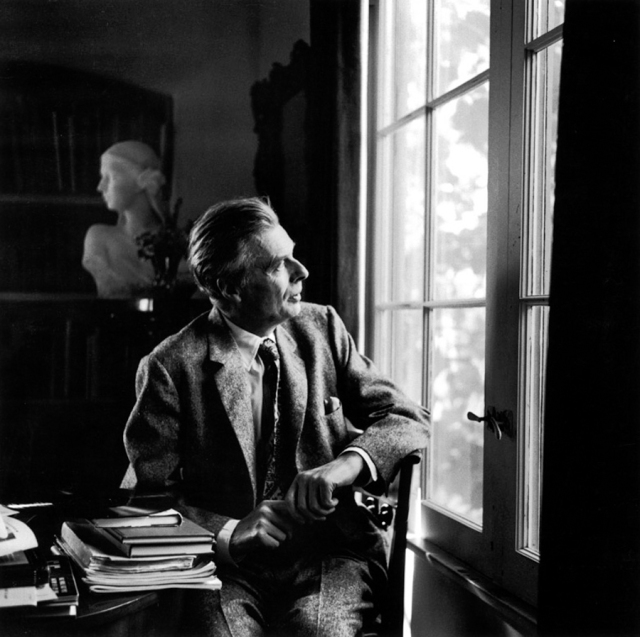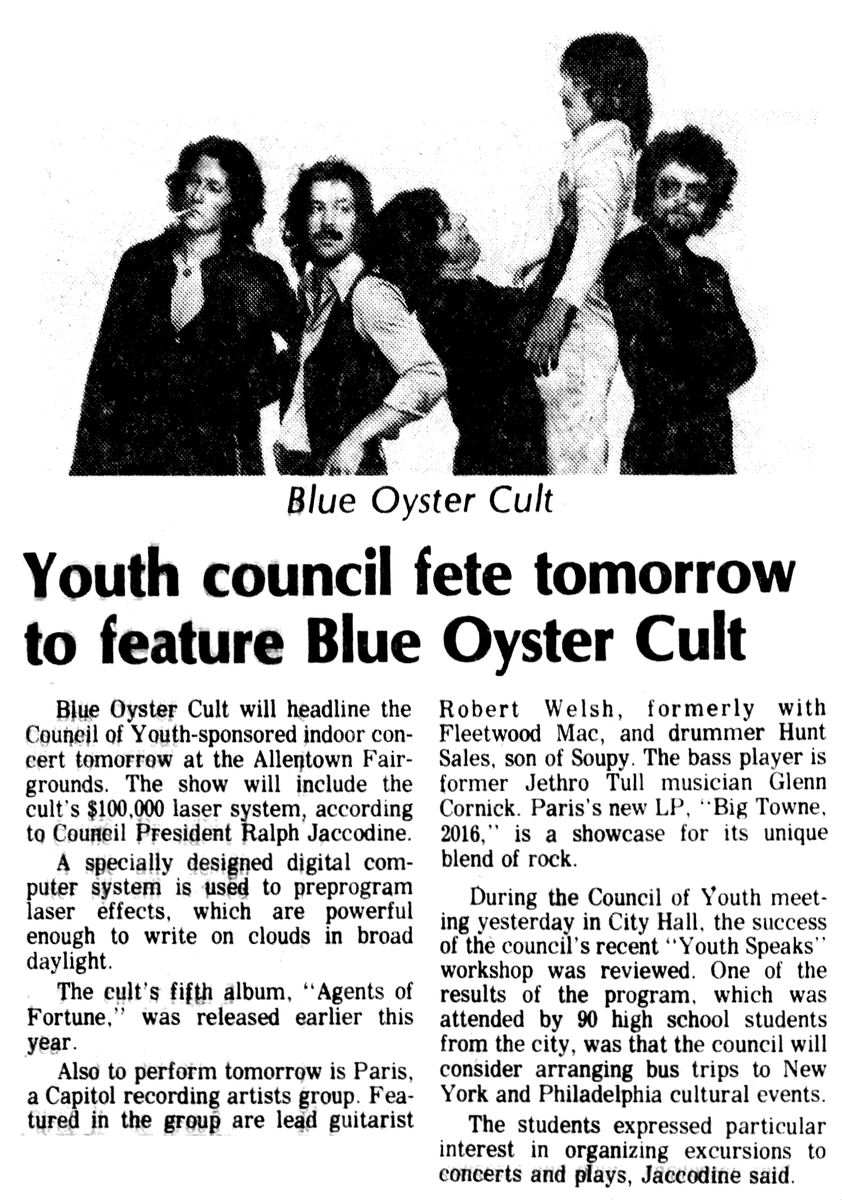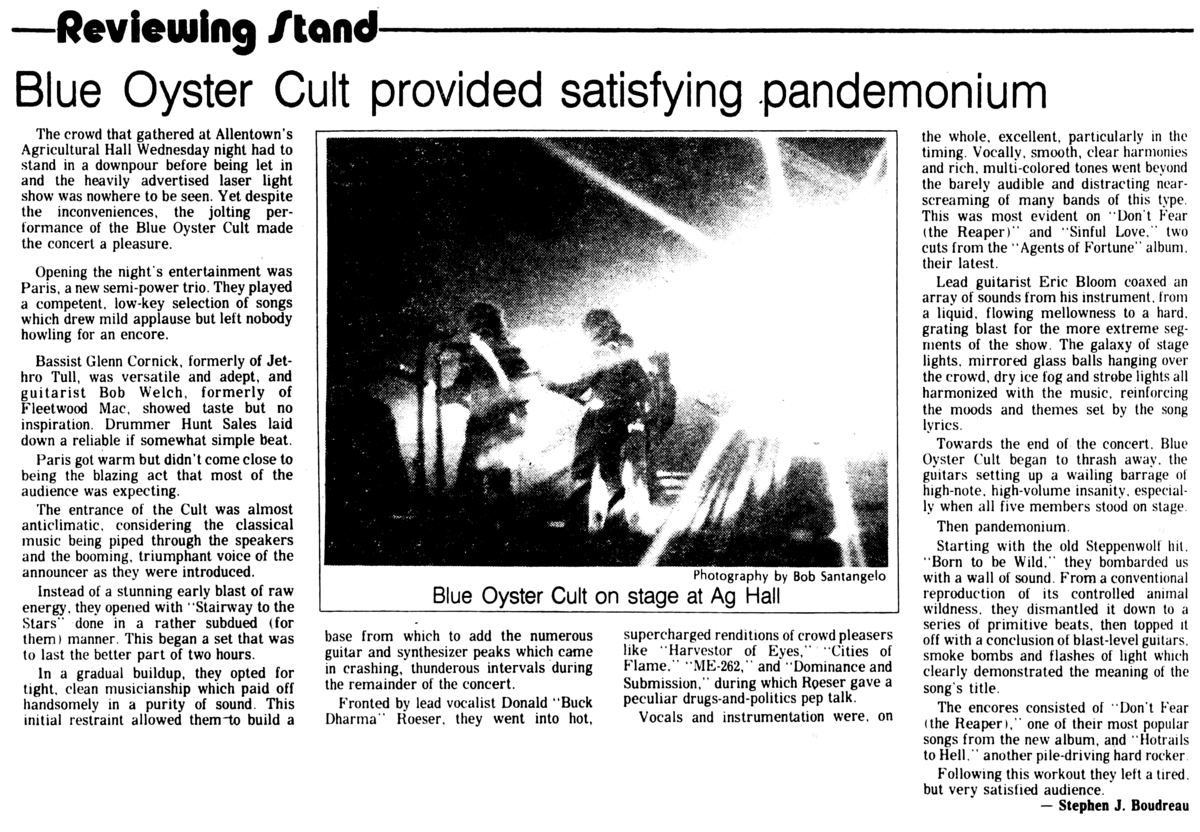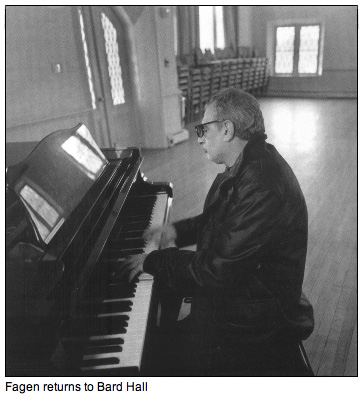Ray flying solo ...
31 July 2023
Happy Birthday, Friedman
Concentrated power is not rendered harmless by the good intentions of those who create it.
Milton Friedman, born on this day in 1913, from Capitalism and Freedom
Free.
Sir, I know the uncertainty of human affairs, but I see, I see clearly, through this day’s business. You and I, indeed, may rue it. We may not live to the time when this Declaration shall be made good. We may die; die colonists; die slaves; die, it may be, ignominiously and on the scaffold. Be it so. Be it so. If it be the pleasure of Heaven that my country shall require the poor offering of my life, the victim shall be ready, at the appointed hour of sacrifice, come when that hour may. But while I do live, let me have a country, or at least the hope of a country, and that a free country.
Daniel Webster, from "Imaginary Speech of John Adams"
Mozart, Violin Sonata in F major, K.377/374e
Anne Sophie Mutter performs with Lambert "Bolg" Orkis accompanying ...
Happy Birthday, Levi
Even in this place one can survive, and therefore one must want to survive, to tell the story, to bear witness; and that to survive we must force ourselves to save at least the skeleton, the scaffolding, the form of civilization. We are slaves, deprived of every right, exposed to every insult, condemned to certain death, but we still possess one power, and we must defend it with all our strength for it is the last — the power to refuse our consent.
Primo Levi, born on this day in 1919, from Survival in Auschwitz
30 July 2023
Handel, Ode for the Birthday of Queen Anne, HWV 74
Marie-Sophie Pollak performs with Ensemble Concerto München ...
Happy Birthday, Vasari
Vasari, Self-Portrait, 1574
Inspiration demands the active cooperation of the intellect joined with enthusiasm, and it is under such conditions that marvelous conceptions, with all that is excellent and divine, come into being. It has been seen that simple children, roughly brought up in the wilderness, have begun to draw by themselves, impelled by their own natural genius, instructed solely by the example of these beautiful paintings and sculptures of Nature.
Giorgio Vasari, born on this day in 1511
29 July 2023
Beethoven, Piano Concerto No. 5 in E-Flat Major, "Emperor "
Alfred Brendel performs with Kurt Masur and the New York Philharmonic ...
Good morning!
Responsibility.
The cross of responsibility ...
Thank you, Walker's Arms
It is important not to be caught short. It is my private opinion that many of our failures in politics, art, and domestic life come from our failure to eat vividly.
Jim Harrison
It is a dreadful feeling to look at a nearly empty supply of such things. Keep inventories up to par. After all, technique is the proof of your seriousness.
Animation.
Chassériau, Portrait of Alexis de Tocqueville, 1850
It is undeniable that the want of those uniform regulations which control the conduct of every inhabitant of France is not infrequently felt in the United States. Gross instances of social indifference and neglect are to be met with; and from time to time disgraceful blemishes are seen, in complete contrast with the surrounding civilization. Useful undertakings which cannot succeed without perpetual attention and rigorous exactitude are frequently abandoned; for in America, as well as in other countries, the people proceed by sudden impulses and momentary exertions. The European, accustomed to find a functionary always at hand to interfere with all he undertakes, reconciles himself with difficulty to the complex mechanism of the administration of the townships. In general it may be affirmed that the lesser details of the police, which render life easy and comfortable, are neglected in America, but that the essential guarantees of man in society are as strong there as elsewhere. In America the power that conducts the administration is far less regular, less enlightened, and less skillful, but a hundredfold greater than in Europe. In no country in the world do the citizens make such exertions for the common weal. I know of no people who have established schools so numerous and efficacious, places of public worship better suited to the wants of the inhabitants, or roads kept in better repair. Uniformity or permanence of design, the minute arrangement of details, and the perfection of administrative system must not be sought for in the United States; what we find there is the presence of a power which, if it is somewhat wild, is at least robust, and an existence checkered with accidents, indeed, but full of animation and effort.
Granting, for an instant, that the villages and counties of the United States would be more usefully governed by a central authority which they had never seen than by functionaries taken from among them; admitting, for the sake of argument, that there would be more security in America, and the resources of society would be better employed there, if the whole administration centered in a single arm--still the political advantages which the Americans derive from their decentralized system would induce me to prefer it to the contrary plan. It profits me but little, after all, that a vigilant authority always protects the tranquillity of my pleasures and constantly averts all dangers from my path, without my care or concern, if this same authority is the absolute master of my liberty and my life, and if it so monopolizes movement and life that when it languishes everything languishes around it, that when it sleeps everything must sleep, and that when it dies the state itself must perish.
Alexis de Tocqueville, born on this day in 1805, from Chapter Seven of Democracy in America, "The Necessity Of Examining The Condition Of The States Before That Of The Union At Large"
28 July 2023
Supreme.
Supreme art is a traditional statement of certain heroic and religious truth, passed on from age to age, modified by individual genius, but never abandoned.
William Butler Yeats, from Estrangement
27 July 2023
Same.
The FOUNTAIN
A Conversation
We talked with open heart, and tongue
Affectionate and true,
A pair of friends, though I was young,
And Matthew seventy-two.
We lay beneath a spreading oak,
Beside a mossy seat;
And from the turf a fountain broke,
And gurgled at our feet.
“Now, Matthew!” said I, “let us match
This water’s pleasant tune
With some old border song, or catch
That suits a summer’s noon;
”Or of the church clock and the chimes
Sing here beneath the shade,
That half-mad thing of witty rhymes
Which you last April made!"
In silence Matthew lay, and eyed
The spring beneath the tree;
And thus the dear old Man replied,
The grey-haired man of glee:
“No check, no stay, this Streamlet fears;
How merrily it goes!
'Twill murmur on a thousand years,
And flow as now it flows.
”And here, on this delightful day,
I cannot choose but think
How oft, a vigorous man, I lay
Beside this fountain’s brink.
“My eyes are dim with childish tears,
My heart is idly stirred,
For the same sound is in my ears
Which in those days I heard.
”Thus fares it still in our decay:
And yet the wiser mind
Mourns less for what age takes away
Than what it leaves behind.
“The blackbird amid leafy trees,
The lark above the hill,
Let loose their carols when they please
Are quiet when they will.
”With Nature never do 'they’ wage
A foolish strife; they see
A happy youth, and their old age
Is beautiful and free:
“But we are pressed by heavy laws;
And often, glad no more,
We wear a face of joy, because
We have been glad of yore.
”If there be one who need bemoan
His kindred laid in earth,
The household hearts that were his own;
It is the man of mirth.
“My days, my Friend, are almost gone,
My life has been approved,
And many love me; but by none
Am I enough beloved.”
“Now both himself and me he wrongs,
The man who thus complains;
I live and sing my idle songs
Upon these happy plains;
”And, Matthew, for thy children dead
I’ll be a son to thee!"
At this he grasped my hand, and said,
“Alas! that cannot be.”
We rose up from the fountain side;
And down the smooth descent
Of the green sheep track did we glide;
And through the wood we went;
And, ere we came to Leonard’s rock,
He sang those witty rhymes
About the crazy old church clock,
And the bewildered chimes.
William Wordsworth
Choice.
Neither by detachment neither by aggregation is the integrity of the intellect transmitted to its works, but by a vigilance which brings the intellect in its greatness and best state to operate every moment. It must have the same wholeness which nature has. Although no diligence can rebuild the universe in a model by the best accumulation or disposition of details, yet does the world reappear in miniature in every event, so that all the laws of nature may be read in the smallest fact. The intellect must have the like perfection in its apprehension and in its works. For this reason, an index or mercury of intellectual proficiency is the perception of identity. We talk with accomplished persons who appear to be strangers in nature. The cloud, the tree, the turf, the bird are not theirs, have nothing of them; the world is only their lodging and table. But the poet, whose verses are to be spheral and complete, is one whom Nature cannot deceive, whatsoever face of strangeness she may put on. He feels a strict consanguinity, and detects more likeness than variety in all her changes. We are stung by the desire for new thought; but when we receive a new thought it is only the old thought with a new face, and though we make it our own we instantly crave another; we are not really enriched. For the truth was in us before it was reflected to us from natural objects; and the profound genius will cast the likeness of all creatures into every product of his wit.
But if the constructive powers are rare and it is given to few men to be poets, yet every man is a receiver of this descending holy ghost, and may well study the laws of its influx. Exactly parallel is the whole rule of intellectual duty to the rule of moral duty. A self-denial no less austere than the saint's is demanded of the scholar. He must worship truth, and forego all things for that, and choose defeat and pain, so that his treasure in thought is thereby augmented.
God offers to every mind its choice between truth and repose. Take which you please,--you can never have both. Between these, as a pendulum, man oscillates. He in whom the love of repose predominates will accept the first creed, the first philosophy, the first political party he meets,--most likely his father's. He gets rest, commodity, and reputation; but he shuts the door of truth. He in whom the love of truth predominates will keep himself aloof from all moorings, and afloat. He will abstain from dogmatism, and recognize all the opposite negations between which, as walls, his being is swung. He submits to the inconvenience of suspense and imperfect opinion, but he is a candidate for truth, as the other is not, and respects the highest law of his being.
Ralph Waldo Emerson, from "Intellect"
Always.
Help yourself to the salad bar, the rye for the bar cheese is freshly toasted, carafes of Black Tower liebfraumilch are $3.00, and it's always five plays for a dollar on the jukebox ...
The Babys, "Looking for Love"
The Alan Parsons Project, "Turn of a Friendly Card" ...
ELO, "Twilight" ...
The Kinks, "Do It Again"
Released.
AC⚡DC released Highway to Hell on this day in 1979.
"If You Want Blood (You've Got It)"...
I love AC⚡DC Week.
Truth.
Stuart, Portrait of Thomas Jefferson, 1805
Thomas Jefferson, Notes on the State of Virginia: Query 17
Happy Birthday, Belloc
Gay, Hilaire Belloc, 1948
The Barbarian hopes — and that is the mark of him -- that he can have his cake and eat it too. He will consume what civilization has slowly produced after generations of selection and effort, but he will not be at pains to replace such goods, nor indeed has he a comprehension of the virtue that has brought them into being. Discipline seems to him irrational, on which account he is ever marveling that civilization, should have offended him with priests and soldiers. In a word, the Barbarian is discoverable everywhere in this, that he cannot make: that he can befog and destroy but that he cannot sustain; and of every Barbarian in the decline or peril of every civilization exactly that has been true.
We sit by and watch the barbarian. We tolerate him in the long stretches of peace, we are not afraid. We are tickled by his irreverence; his comic inversion of our old certitudes and our fixed creed refreshes us; we laugh. But as we laugh we are watched by large and awful faces from beyond, and on these faces there are no smiles.
Hilaire Belloc, born on this day in 1870
Integrity.
Art and being an artist holds no guarantee of understanding. Creators must live with the fact that the more challenging the idea or expression, the tougher the road to acceptance by the world. Couple this challenge with an acerbic personality and the demand for unquestioned acceptance and you’ve made your life as a creator tougher.
Art doesn’t exclude a sense of humanity and humanity never was, or will be, art. Artists must stick to their guns and live with themselves or compromise their integrity for the sake of appeal. A creator can’t ever expect to have it both ways. Ever. Ask Caravaggio, Van Gogh, or Modigliani. Truth and beauty matter.
26 July 2023
Gain.
The hardest thing in the world is to simplify your life; it’s so easy to make it complex. The whole purpose of an adventure is to effect some sort of spiritual and physical gain and if you compromise the process, you’re an asshole when you start out and you’re an asshole when you get back. The more you know, the less you need.
Yvon Chouinard
Astonishment.
Agar, Mary Oliver Raising a Glass at Her Home, Pembroke Lodge, Richmond, 1933
Let me keep company always with those who say
“Look!” and laugh in astonishment,
and bow their heads.
Mary Oliver, from "Evidence"
Thank you, Kurt.
Happy Birthday, Huxley
SONG of POPLARS
Shepherd, to yon tall poplars tune your flute:
Let them pierce, keenly, subtly shrill,
The slow blue rumour of the hill;
Let the grass cry with an anguish of evening gold,
And the great sky be mute.
Then hearken how the poplar trees unfold
Their buds, yet close and gummed and blind,
In airy leafage of the mind,
Rustling in silvery whispers the twin-hued scales
That fade not nor grow old.
"Poplars and fountains and you cypress spires
Springing in dark and rusty flame,
Seek you aught that hath a name?
Or say, say: Are you all an upward agony
Of undefined desires?
"Say, are you happy in the golden march
Of sunlight all across the day?
Or do you watch the uncertain way
That leads the withering moon on cloudy stairs
Over the heaven's wide arch?
"Is it towards sorrow or towards joy you lift
The sharpness of your trembling spears?
Or do you seek, through the grey tears
That blur the sky, in the heart of the triumphing blue,
A deeper, calmer rift?"
So; I have tuned my music to the trees,
And there were voices, dim below
Their shrillness, voices swelling slow
In the blue murmur of hills, and a golden cry
And then vast silences.
Aldous Huxley, born on this day in 1894
25 July 2023
Satisfying.
... satisfying pandemonium.
Enlighten the people, and tyranny and oppressions of body and mind will vanish like evil spirits at the dawn of day.
Thomas Jefferson
Thanks for the inspiration, Kurtastrophe.
Mild.
If, by chance, you're open to suggestions, listen to Jerry Jeff, Kristofferson, or Willie, and let ol' Jimmy stick to doin' what he does best ... mild sausage.
Jackie Jack, "Takin' It as It Comes" ...
Accuracy.
Reynolds, Self Portrait, 1749
Accuracy of observation is the equivalent of accuracy of thinking.
Wallace Stevens
Wonderment.
Wonder is where it starts, and though wonder is also where it ends, this is no futile path. Whether admiring a patch of moss, a crystal, flower, or golden beetle, a sky full of clouds, a sea with the serene, vast sigh of its swells, or a butterfly wing with its arrangement of crystalline ribs, contours, and the vibrant bezel of its edges, the diverse scripts and ornamentations of its markings, and the infinite, sweet, delightfully inspired transitions and shadings of its colors — whenever I experience part of nature, whether with my eyes or another of the five senses, whenever I feel drawn in, enchanted, opening myself momentarily to its existence and epiphanies, that very moment allows me to forget the avaricious, blind world of human need, and rather than thinking or issuing orders, rather than acquiring or exploiting, fighting or organizing, all I do in that moment is “wonder,” like Goethe, and not only does this wonderment establish my brotherhood with him, other poets, and sages, it also makes me a brother to those wondrous things I behold and experience as the living world: butterflies and moths, beetles, clouds, rivers and mountains, because while wandering down the path of wonder, I briefly escape the world of separation and enter the world of unity.
Our universities fail to guide us down the easiest paths to wisdom. Rather than teaching a sense of awe, they teach the very opposite: counting and measuring over delight, sobriety over enchantment, a rigid hold on scattered individual parts over an affinity for the unified and whole. These are not schools of wisdom, after all, but schools of knowledge, though they take for granted that which they cannot teach — the capacity for experience, the capacity for being moved, the Goethean sense of wonderment.
Hermann Hesse, from Butterflies: Reflections, Tales, and Verse
Spring.
To allow oneself to be carried away by a multitude of conflicting concerns, to surrender to too many demands, to commit oneself to too many projects, to want to help everyone with everything is to succumb to violence.
The frenzy of the activist neutralizes his work for peace. It destroys the fruitfulness of his own work,
because it kills the root of inner wisdom which makes work fruitful.
The time for contemplation is the spring that feeds our action, and our action will be as deep as the spring. We need time to allow the spirit to clear the obstacles – the clinging debris and mud – that keeps the spring from flowing freely from its clear, deep source. And we need time for the spring to overflow into insightful and compassionate action.
Thomas Merton, from Conjectures of a Guilty Bystander
Bedrock.
I have a lot of framed things in my office, which people have given to me through the years. And on my walls are Greek, and Hebrew, and Russian, and Chinese. And beside my chair, is a French sentence from Saint-Exupery’s Little Prince. It reads, “L’essential est invisible pour les yeux.” What is essential is invisible to the eye. Well, what is essential about you? And who are those who have helped you become the person you are? Anyone who has ever graduated from a college, anyone who has ever been able to sustain a good work, has had at least one person, and often many, who have believed in him or her. We just don’t get to be competent human beings without a lot of different investments from others.I’d like to give you all an invisible gift. A gift of a silent minute to think about those who have helped you become who you are today. Some of them may be here right now. Some may be far away. Some, like my astronomy professor, may even be in Heaven. But wherever they are, if they’ve loved you, and encouraged you, and wanted what was best in life for you, they’re right inside your self. And I feel that you deserve quiet time, on this special occasion, to devote some thought to them. So, let’s just take a minute, in honor of those that have cared about us all along the way. One silent minute.Whomever you’ve been thinking about, imagine how grateful they must be, that during your silent times, you remember how important they are to you. It’s not the honors and the prizes, and the fancy outsides of life which ultimately nourish our souls. It’s the knowing that we can be trusted. That we never have to fear the truth. That the bedrock of our lives, from which we make our choices, is very good stuff.
Love.
Throw a frisbee to your dog in one of these Great Lakes! He'll love you for it, dude! Animals love it, humans love it ...
At times it seems as though Ohio must be deserted. You wouldn’t like it.
24 July 2023
Happy Birthday, Marcello
Zuliani, Benedetto Marcello, 1803
Benedetto Marcello was born on this day in 1686.
Das Kolorit, featuring Sophia Schambeck on recorder, perform the Chaconne, from Marcello's Sonata No. 12, Op. 2 ...
23 July 2023
Dark-Blue.
Adieu, adieu! my native shore
Fades o’er the water blue;
The night-winds sigh, the breakers roar,
And shrieks the wild sea-mew.
Yon sun that sets upon the sea
We follow in his flight;
Farewell awhile to him and thee,
My native Land – Good Night!
A few short hours and He will rise,
To give the Morrow birth;
And I shall hail the main and skies,
But not my mother Earth.
Deserted is my own good Hall,
Its hearth is desolate;
Wild weeds are gathering on wall,
My Dog howls at the gate.
And now I’m in the world alone,
Upon the wide, wide sea:
But why should I for others groan,
When none will sigh for me?
Perchance my Dog will whine in vain,
Till fed by stranger hands;
But long ere I come back again
He’d tear me where his stands.
With thee my bark, I’ll swiftly go
Athwart the foaming brine;
Nor care what land thou bear’st me to,
So not again to mine.
Welcome, welcome, ye dark-blue waves,
And when you fail my sight,
Welcome, ye deserts, and ye caves!
My native Land – Good night!
Lord Byron

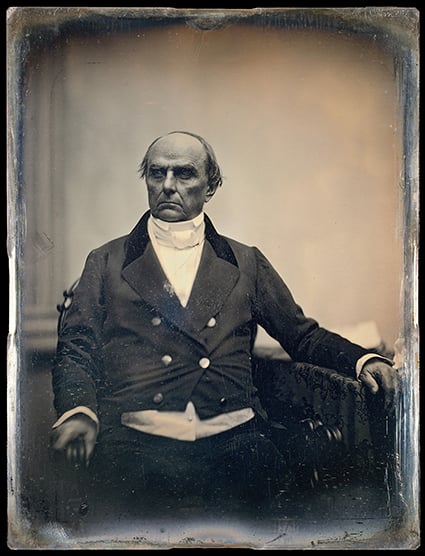



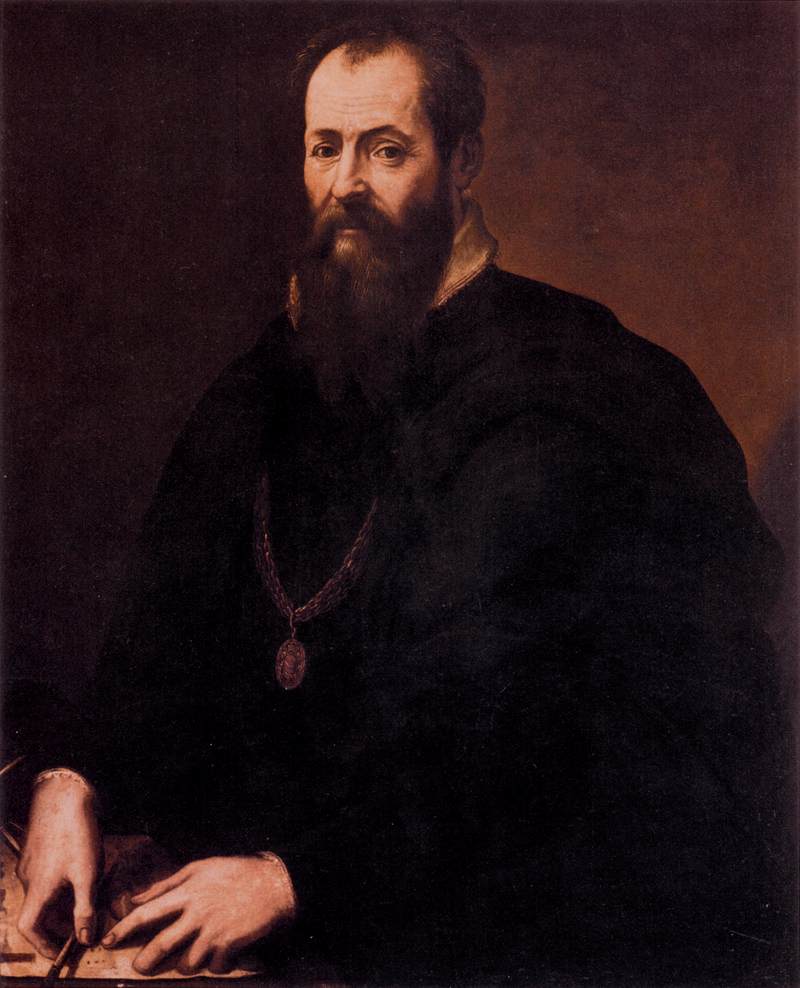


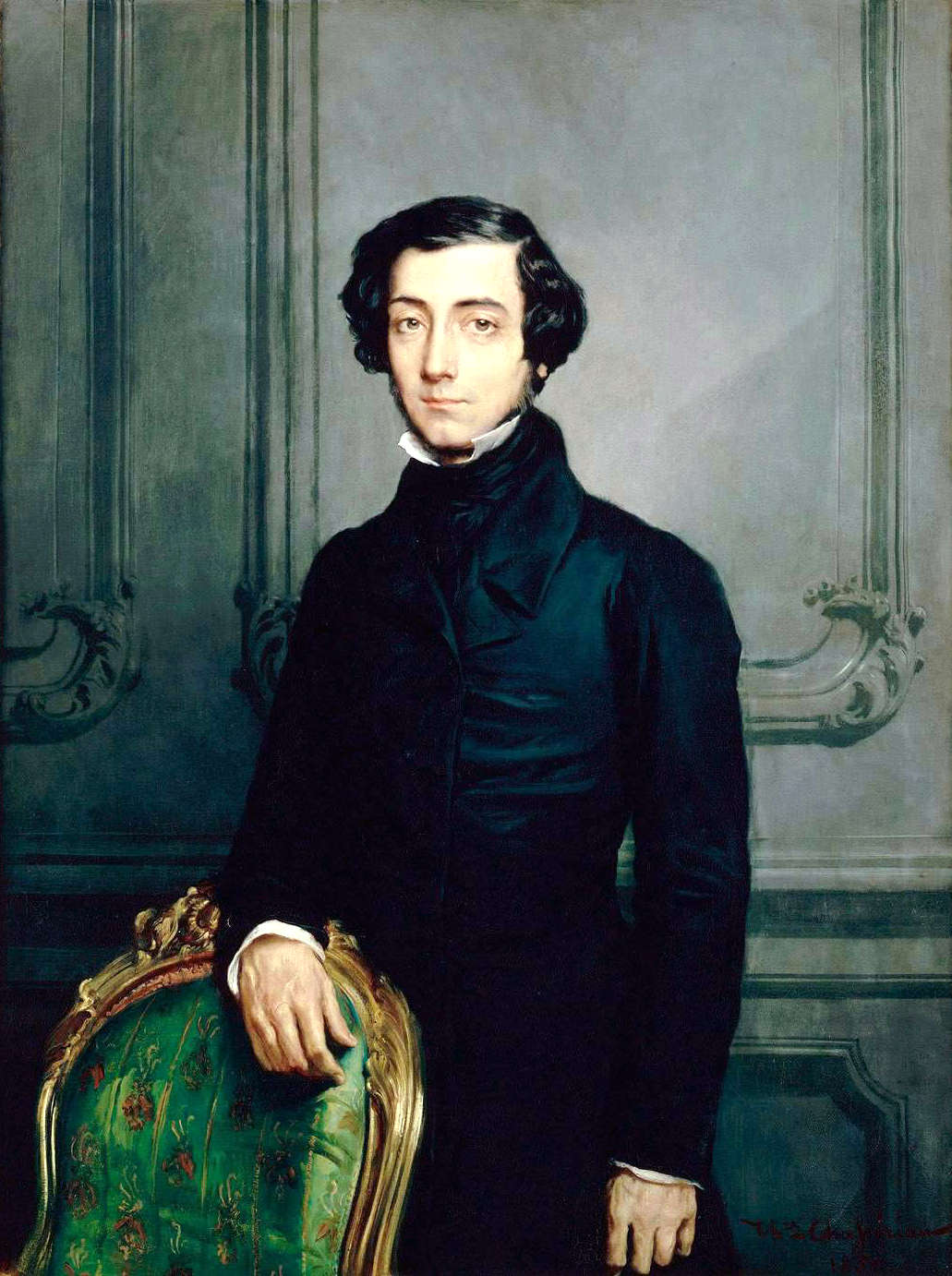
:format(jpeg):mode_rgb():quality(90)/discogs-images/A-272909-1475962686-5316.jpeg.jpg)






